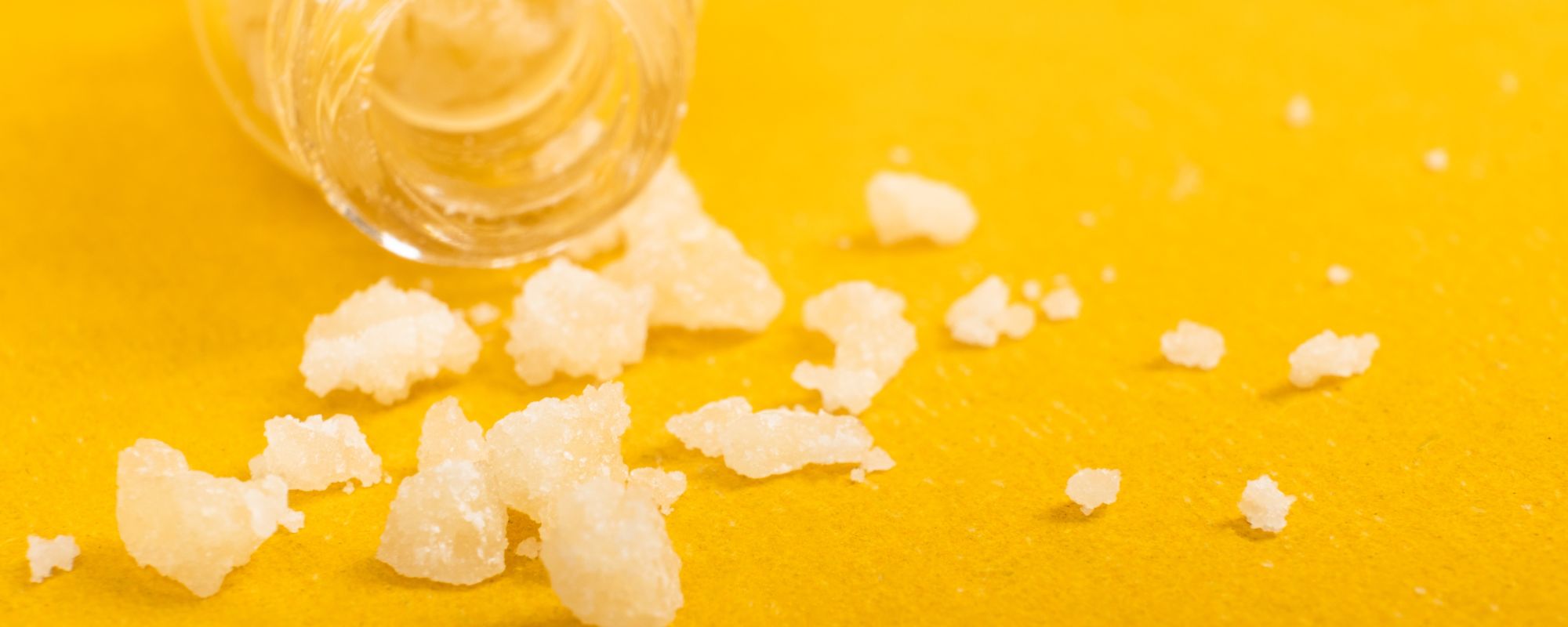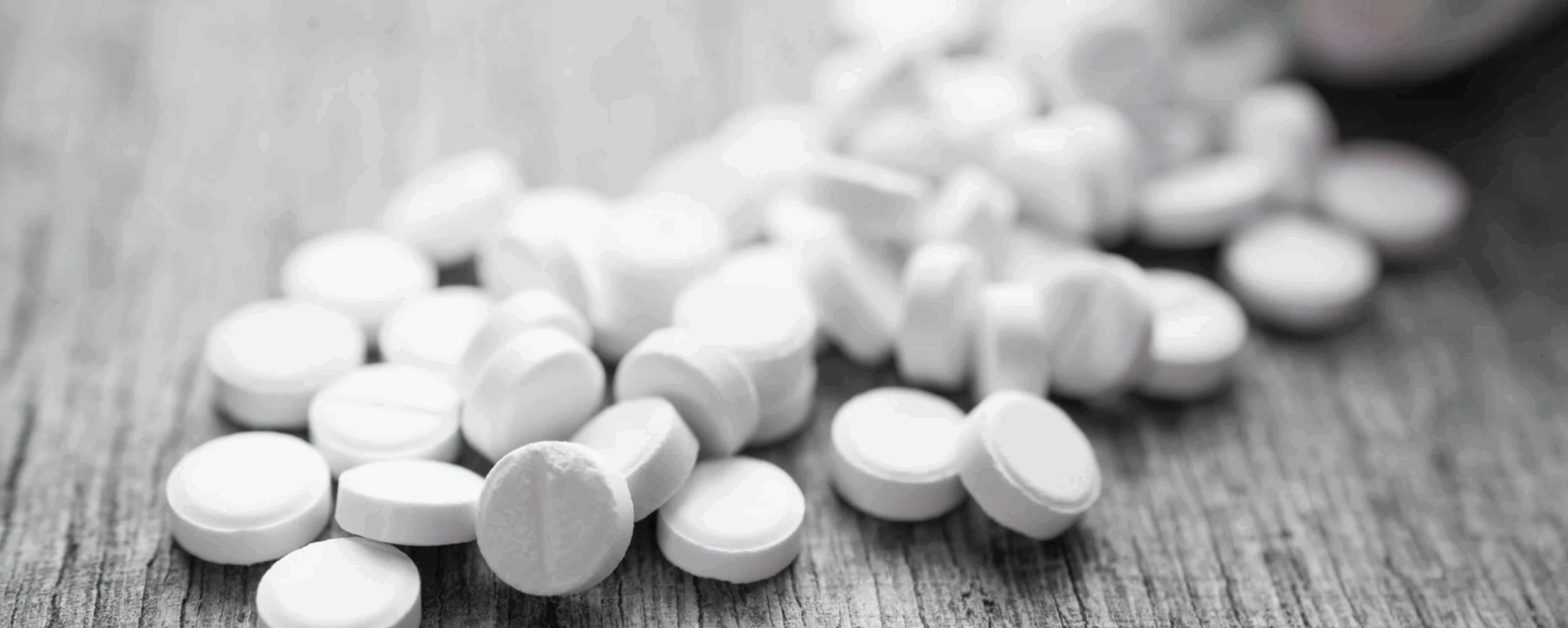Addiction is a chronic, relapsing brain disease, and relapse is a part of recovery. Accepting this reality can be difficult, but it’s important that those in recovery are able to see that relapse is a setback, not a failure, and does not mean that sobriety is not possible. Knowing your triggers and being able to respond to them appropriately is essential when it comes to preventing relapse. When you know what to look for, you are better able to anticipate a relapse, create a relapse prevention plan, and take the necessary measures to protect yourself.
Identifying triggers should get easier with time, and you should be able to gain a better understanding of what yours are as you work through recovery. Whether you’re early in recovery or have been sober for years, understanding your triggers can make all the difference between staying on track and slipping back into old patterns. In this blog, we’ll explore what triggers are, how to recognize them, and strategies for coping before they derail your progress.
What Are Triggers?
In the context of addiction, triggers are people, places, emotions, or situations that evoke memories, thoughts, or cravings associated with substance use. Triggers can be internal or external, and they don’t always show up in obvious ways.
Some common examples include:
Stress from work or relationships
Being around people who use
Visiting places where you used to drink or get high
Boredom or loneliness
Feelings of anxiety, depression, or shame
Triggers don’t cause relapse on their own, but when left unrecognized or unmanaged, they can lead to urges that may become overwhelming.
Why Identifying Triggers Matters to Prevent Relapse
You can’t avoid every difficult situation in life, but when you know your triggers, you can prepare for them. Identifying your personal triggers allows you to:
Create healthy coping mechanisms
Build boundaries and structure
Reduce impulsivity
Feel more in control of your recovery
Awareness is the first line of defense against relapse. It turns reaction into intention.
Types of Triggers
Understanding the different types of triggers can help you recognize them more easily in your daily life.
1. Emotional Triggers
Negative emotions like sadness, anger, frustration, guilt, or anxiety can lead people to seek comfort through substances. Even positive emotions like excitement or celebration can be triggering if substance use was once associated with those feelings.
2. Environmental Triggers
These are external cues tied to your past use—like bars, parties, certain neighborhoods, or even smells and music. They can spark cravings simply by association.
3. Social Triggers
Spending time with people you used to drink or use drugs with can be highly triggering. Social pressure, even subtle, can erode your resolve.
4. Mental Triggers
Memories, fantasies about past highs, or thoughts like “Just one time won’t hurt” can become mental traps that lead to relapse.
5. Physical Triggers
Lack of sleep, hunger, or chronic pain can increase vulnerability to cravings. Taking care of your body helps protect your mind.
Reach Out For Help With Addiction
Are you or a loved one struggling with addiction?
Royal Life Centers at Puget Sound is here to help you recover. Because we care.
Facing Triggers After Relapse
It is difficult to retrace your steps leading up to a relapse, but it is necessary if you are going to make changes and any sort of progress. Take things slowly, and be honest and forgiving with yourself as you revisit what happened.
Identify the trigger. Did you run into someone you used to use or drink with? Did you pass a corner where you used to buy drugs or a bar where you used to drink? Did you get news that was emotionally distressing or otherwise cause for concern?
Identify how you were feeling before you felt like relapsing. What was going through your head? Figure out what emotions you were experiencing and what may have caused them.
Be honest about what you did. How many drinks did you have? What drug(s) did you use?
Figure out which of the thoughts you had led to the feelings and behaviors that precipitated the relapse. What do you think was the thought that ultimately put you over the edge?
Piece together the chain of events. What happened after a particular feeling or thought? When did you decide you would take action? What thoughts did you have then? When did you ultimately take action?
Determine what you could have said, done, or felt. What might you have said to yourself to discourage you from relapsing? What actions could you have taken to have prevented it? What emotions could you have focused on feeling instead?
How do you feel now? How are you feeling after the relapse?
When Triggers Feel Too Strong
If you’re feeling like a trigger might lead to a relapse, act fast:
Remove yourself from the situation if possible
Call someone in your support network
Use a coping skill like going for a walk, journaling, or practicing grounding techniques
Remind yourself of the progress you’ve made and the consequences of using again
There’s no shame in struggling, but there is strength in reaching out for help.
Tips for Relapse Prevention
Avoiding a relapse involves more than just knowing your triggers. Preventing relapse is also about more than managing cravings. To prevent relapse, you need to have a relapse prevention plan in place that is going to keep you on track and benefit your recovery efforts all around.
Find motivation. Why did you get sober? Keep your reasons for sobriety at the forefront of your mind to stay motivated.
Lean on your support network. Reach out to your sponsor, therapist, family, and friends when you need to; they are a part of your support network because they want to help you and be there for you.
Work a program. Work the steps, go to meetings, regularly call your sponsor— do what you need to do to stay sober.
Engage in positive activities. Work out, listen to music, read a book, cook a meal. Do something that is healthy and productive and that will distract you from unwanted thoughts.
Again, remember that relapse is a setback, not failure, and that, by taking the right steps, you are fully capable of attaining a happy, sober life.
Professional Addiction Treatment Services
At Royal Life Centers at Puget Sound, we understand the difficulties that come along with relapse and the unique set of circumstances characteristic of substance use disorders. Our addiction therapists work with guests to create a customized relapse prevention plan and an effective treatment regimen. Our full-service drug and alcohol medical detox and residential inpatient center specializes in treating dependence on alcohol, benzodiazepines, cocaine, methamphetamine, and opioids. Please reach out to us at (877)-RECOVER for help or with any questions.
REFERENCES:






